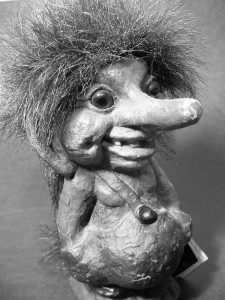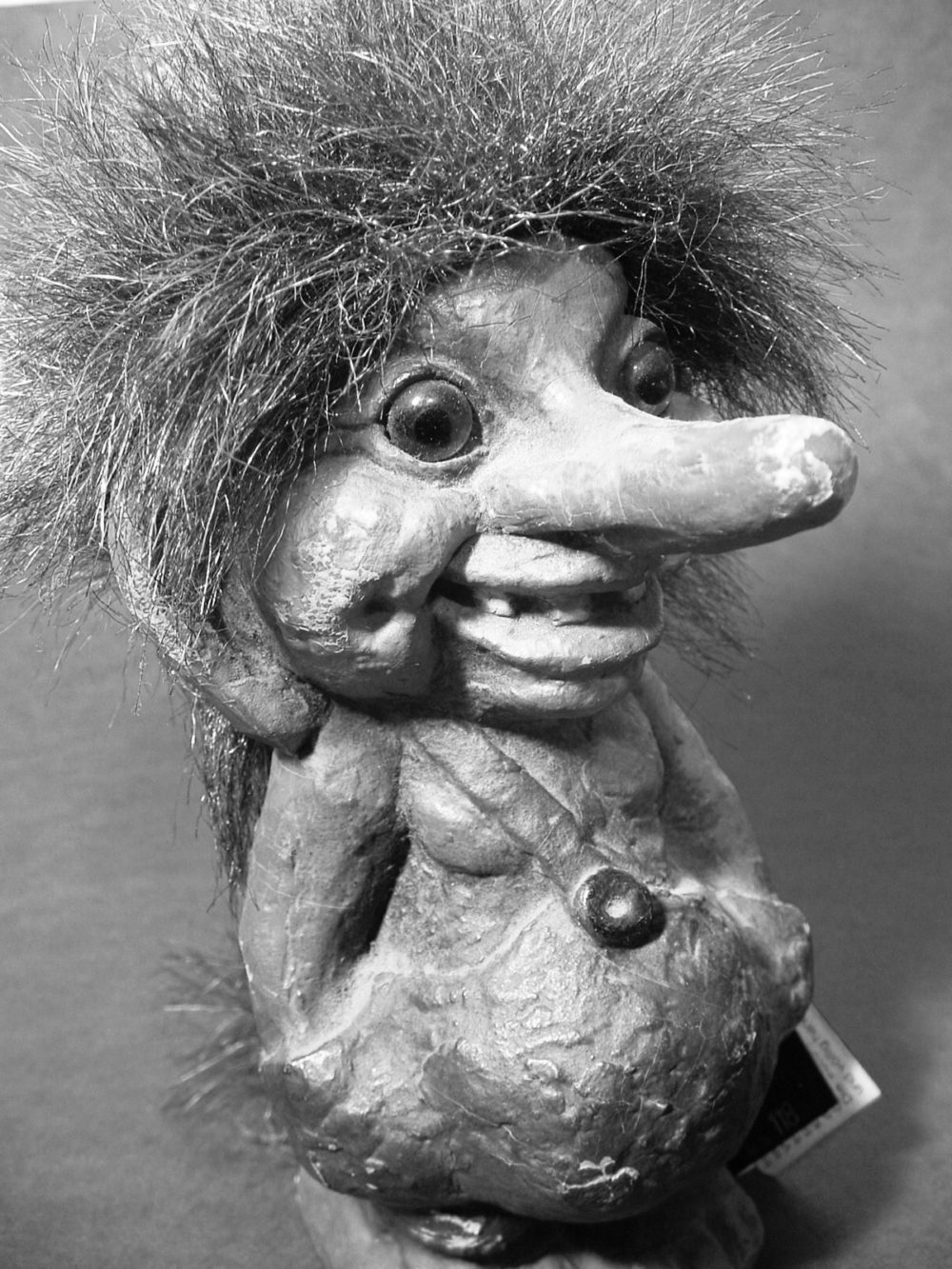Noticias
7 of February,2014
First Patent Troll Ruling in Colombia
Por: Manuel Guerrero Gaitán - Ph.D.
 Manuel Guerrero Gaitán Ph.D.
Manuel Guerrero Gaitán Ph.D.
Keywords: Colombian IP office, patent troll, patent assertion entity, IP infringement
Last week the Colombian IP office ruled the first case regarding a patent troll (or patent assertion entity) in the country.
Before analyzing the grounds of the case, it is important to make some comments in relation, not only to the facts and the ruling on this case, but also the procedure followed by the office. Due to a recent law amendment, the Colombian IP office has the competence to deal with IP infringement cases, which previously were ruled by the civil judges. Although this new system implies several advantages, it also represents some challenges that the office will have to face in the near future.
Accordingly, the first challenge is the modification of system from a written to an oral one, which brings issues of physical and technological infrastructure, without mentioning the change of mentality of both, lawyers and law operators.
In the same regard, and maybe the biggest challenge that the Colombian Office has to face, is the training of the officers that will play the role of judges, since, although most of them have a high level of expertise in IP matters, they will have to deal with procedural issues.
On the other hand, regarding the advantages brought by the new system, first of all, it has to be taken into account that the procedure carried out by the Office that takes less than six months. This is a great advantage in contrast to the procedure followed by the civil judges which, in some cases take more than three years. Secondly, the above mentioned oral system leads to a more efficient and rapid procedure that, bottom line, increase the confidence of the citizens in their justice system.
Bearing in mind the aforementioned comments, we would like to appoint the background that led this case before the Colombian Office.
The company DISEÑOS Y SISTEMAS has been developed through more than twenty years a technology addressed to water dispenser systems. In 2011, JAIRO CABEZAS (herein after Mr. CABEZAS) applied for a broad patent over a water dispenser system.
After granting said application, in 2012 Mr. CABEZAS sought a settlement with DISEÑOS y SISTEMAS in order to obtain, whether a sum of money, or to enter into an exclusive contract for the fabrication of the product, already commercialized by the company. After declining this offer, Mr. CABEZAS sued for patent infringement, alleging that the technology used by DISEÑOS y SISTEMAS fell within the scope of protection of the exclusive right. It is of paramount importance to state that, in spite of being applied since 2011, Mr. X had not been commercialized the technology protected by its patent.
As can be implied from the facts already described, this is a perfect example of a patent trolling, in which the right holder of a broad patent has no intention to exploit the technology and instead seeks to obtain an economic revenue through litigation, a settlement, or a license, etc. The Patent Infringement Litigation Handbook: Avoidance and Management[1], defined the term patent troll as follows:
“The pejorative term “patent troll” has been given to those businesses whose income is derived from buying patents and then seeking royalties from infringers by threatening litigation. Typically, threats of patent infringement litigation are settled”.
The ruling of the Office was addressed in two directions. Firstly, it was stated that the plaintiff failed to demonstrate the equivalence between the alleged infringing product and the patent. In this regard, the Office pointed out that the burden of proof lies on the plaintiff and, as long as it was no proof in this sense, it was impossible to carry out the comparison.
Secondly, and more important, the Office stated that, according to the documents and testimonies filed by DISEÑOS Y SISTEMAS, the use carried out by said company of the technology has been in good faith and in a period of time before the application date of the patent. In this regard, it is important to remember the wording of article 55 of Decision 486[2] of the Andean Community, which set forth:
Without prejudice to the provisions stipulated in this Decision with respect to patent nullity, the rights conferred by a patent may not be asserted against a third party that, in good faith and before the priority date or the filing date of the application on which the patent was granted, was already using or exploiting the invention, or had already made effective and serious preparations for such use or exploitation.
To sum up, one of the most relevant issues brought by this ruling is to provide the good faith user an efficient defense against the abusive use of an IP right, for example a patent trolling.
Finally, since an appeal was filed, it will be necessary to await the final decision of the Superior Tribunal of Bogotá.

